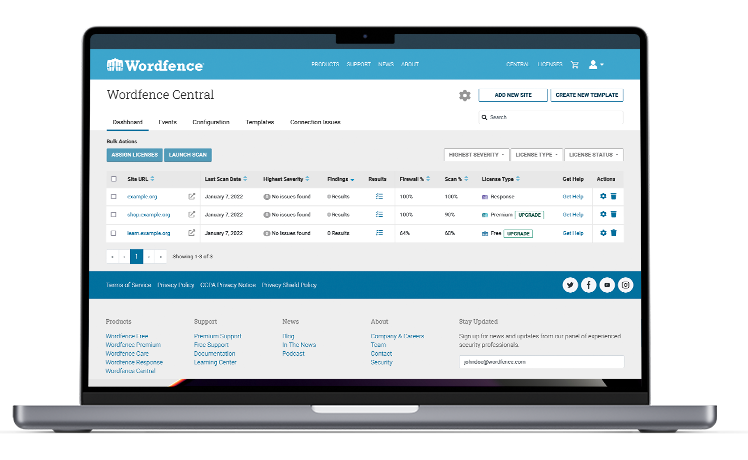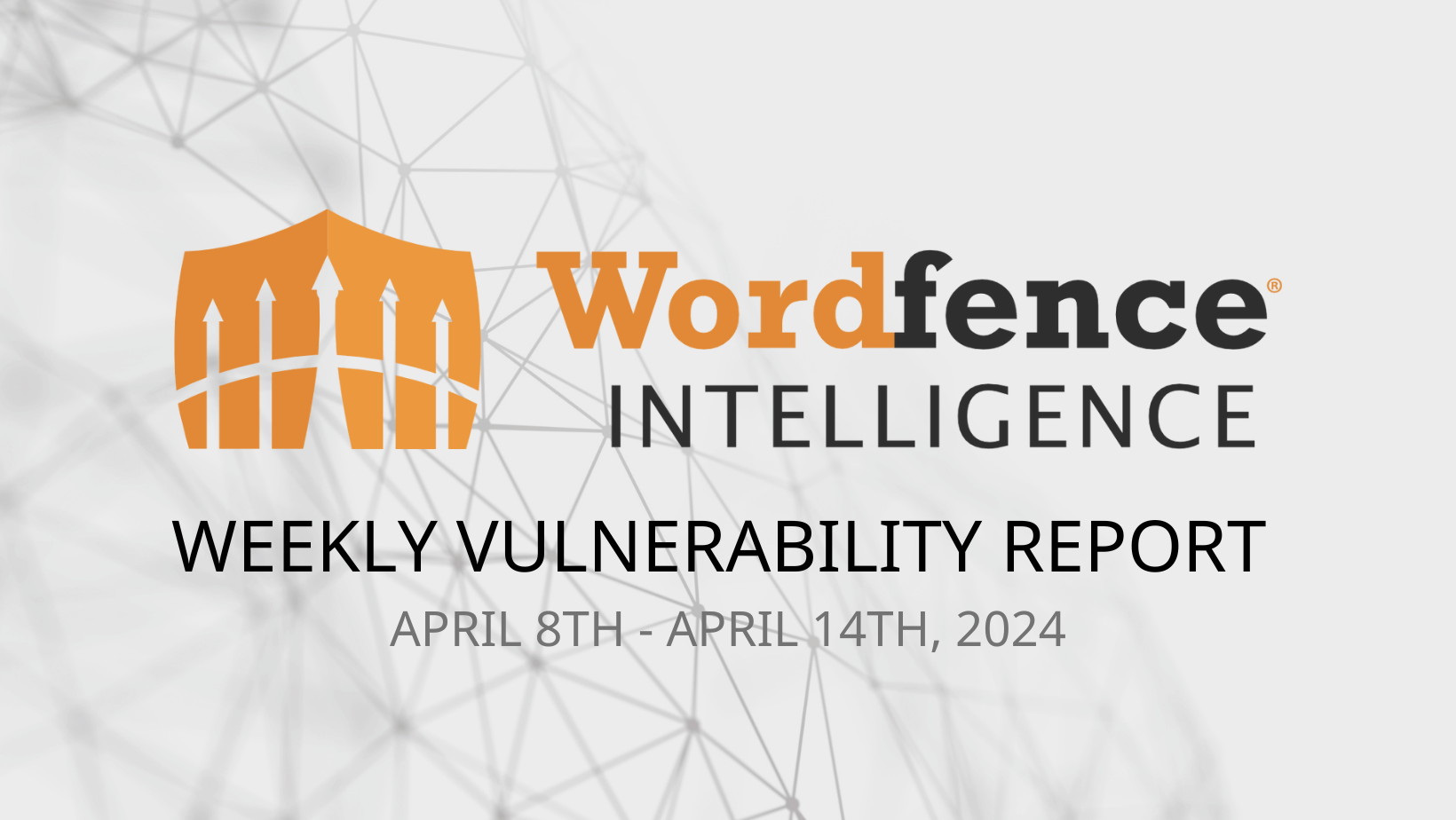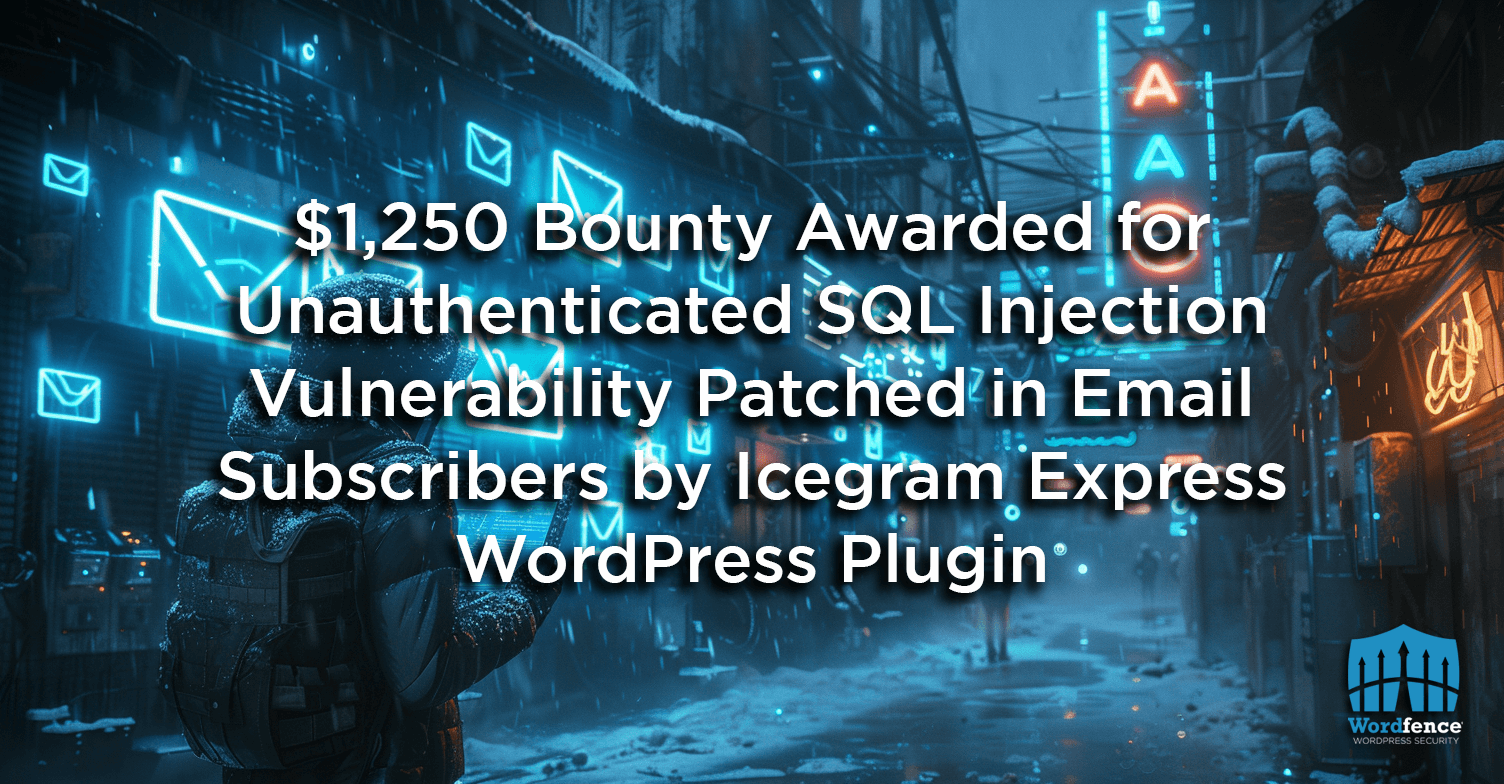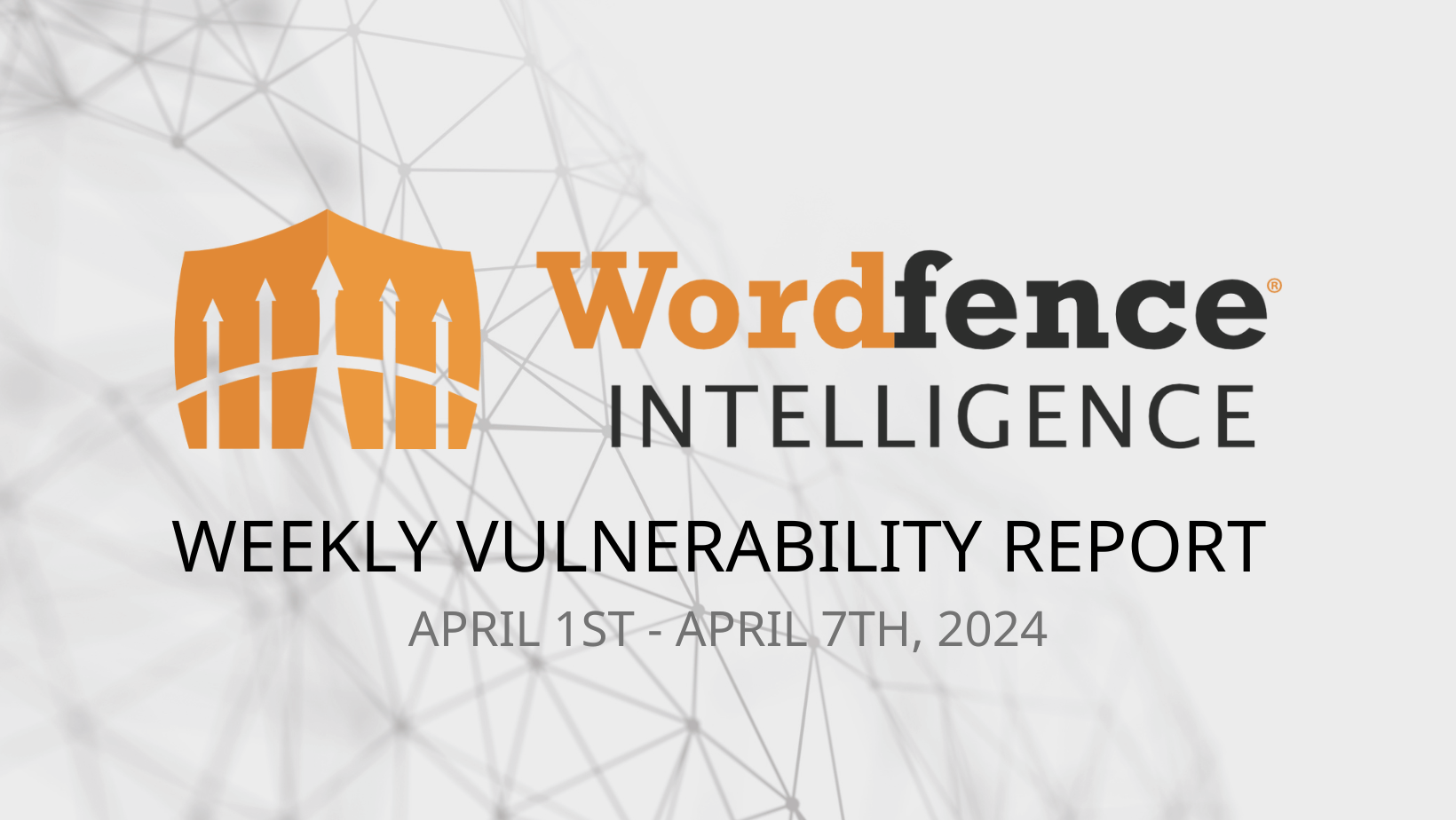This site uses cookies in accordance with our Privacy Policy.
Discover which plan is right for you.
Join over 4 million secure WordPress site owners using Wordfence Free. Block attacks with the basic tools you need to keep your site safe. The Free version has a 30-day delay on firewall rules and malware signatures.
Real-time updates to firewall rules as new threats emerge, our comprehensive Real-Time Malware Signatures for the very best in malware detection, continuously updated Premium IP Blocklist blocks over 40,000 known threat actors, Country Blocking, Premium Support and more.
Wordfence Care includes the benefits of Premium with unlimited hands-on incident response and hands-on support. For business owners who value their time: If you have an incident, our world-class analysts take care of it.
For Mission Critical websites, Wordfence Response provides incident response 24 hours a day, 7 days a week and 365 days a year with a 1-hour response time and 24 hours time to resolution. If down-time has a financial impact, choose Wordfence Response.
Wordfence is the global leader in WordPress security.
The average WordPress site is attacked once every 27 minutes. 55 requests hit that site every day probing for weak and breached passwords, vulnerable plugins and themes, and other points of entry. Websites protected by Wordfence are shielded from those attacks with an average of 276M hits being blocked across our network every day.
120K
malicious IPs blocklisted in the past 30 days
8.3B
attacks blocked in the past 30 days
501
web application firewall rules
4,837
malware signatures in our real-time malware signature set
Manage all of your sites in one place with
Wordfence Central
Learn more >
The best kept secret in WordPress Security. Wordfence Central is Free for all Wordfence users including our Wordfence Free customers without any catch or upsell. Get an instantaneous view of the security posture of all your WordPress websites, configure Wordfence across a few or thousands of sites using templates, launch scans, manage licenses and view security events all from a Central Dashboard.

Breaking news from our blog
View all >
$493 Bounty Awarded for Arbitrary Options Update Vulnerability Patched in WP Datepicker WordPress Plugin
🎉 Did you know we’re running a Bug Bounty Extravaganza again?

$2,063 Bounty Awarded for Privilege Escalation Vulnerability Patched in User Registration WordPress Plugin
🎉 Did you know we’re running a Bug Bounty Extravaganza again?

Wordfence Intelligence Weekly WordPress Vulnerability Report (April 8, 2024 to April 14, 2024)
🎉 Did you know we’re running a Bug Bounty Extravaganza again?

$400 Bounty Awarded for SQL Injection Vulnerability Patched in WP Activity Log Premium WordPress Plugin
🎉 Did you know we’re running a Bug Bounty Extravaganza again?

$1,250 Bounty Awarded for Unauthenticated SQL Injection Vulnerability Patched in Email Subscribers by Icegram Express WordPress Plugin
🎉 Did you know we’re running a Bug Bounty Extravaganza again?

Wordfence Intelligence Weekly WordPress Vulnerability Report (April 1, 2024 to April 7, 2024)
🎉 Did you know we’re running a Bug Bounty Extravaganza again?

Unauthenticated Stored Cross-Site Scripting Vulnerability Patched in WordPress Core
WordPress 6.5.2 was released yesterday, on April 9, 2024. It included a single security patch, along with a handful of bug fixes.

$937 Bounty Awarded for Privilege Escalation and Local File Inclusion Vulnerabilities Patched in MasterStudy LMS WordPress Plugin
🎉 Did you know we’re running a Bug Bounty Extravaganza again?
Join the official Wordfence mailing list
Receive WordPress security alerts, news, and research in your inbox before it appears in the press.
Wordfence in the press
View all >Why choose Wordfence?
345M
total downloads
5M
sites with Wordfence
24/7
support, all year round
3,698
5-star reviews






